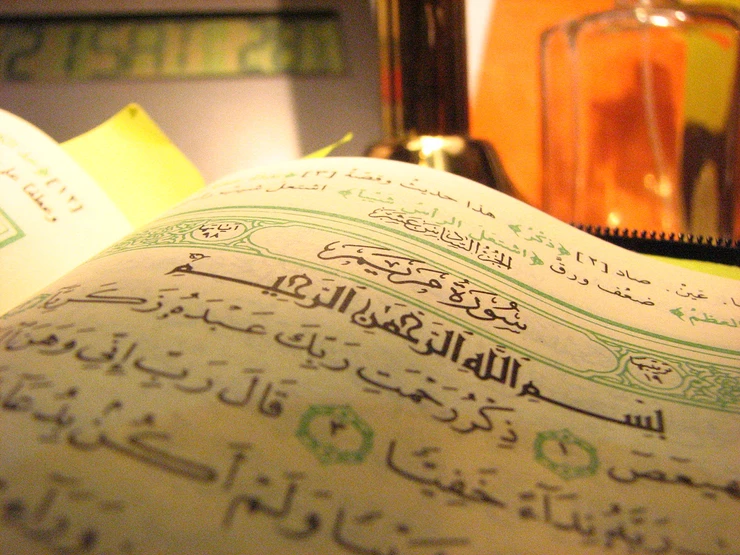Whilst reciting Surah Maryam, I only went as far as the second Aayah before I had to take a step back and think. I picked up on something which I had never noticed before. The Aayah reads; ذِكْرُ رَحْمَتِ رَبِّكَ عَبْدَهُ زَكَرِيَّا “The mention of the Mercy of your Master to his servant Zakariyyah” The question on my mind as I read was, why the word which translates as ‘Mercy’ is spelt in a way I’ve never seen before. Usually, I have always noticed it spelt with a ‘closed taa’; رحمة.
In this instance, it is actually spelt with an ‘open taa’ رحمت
What I found was something fascinating, which made me glad that I decided to stop so I could look it up, rather than just carrying on. So, this is what I found, the unique way of spelling رحمت actually appears 7 times in the Quran, whilst the normal spelling رحمة appears 72 times.
After analysing not only the word individually, but with the whole Aayah and context in mind, it was clear to see that where the word رحمة appears, it refers to Allah’s general love, care & mercy.
Whereas when رحمت is written, as for those Aayaat, Allah is specifically talking about a particular unique and special kind of love care & mercy being granted to a member of his creation.
In the case of Surah Maryam which I was looking at, the type of mercy it refers to is one that came after a uniquely long period of time.
Mufassiroon (Experts in Quran interpretation) mention two things here, that it was when Allah showered rain upon the earth after being barren and dead, bringing out life back onto the earth.
Another thing scholars have mentioned that this was when Allah blessed Prophet Zakariyyah a.s with a child at a very very old age. Miraculous as such.
One other thing that I found scholars mentioning is that; each time رحمت appears in the Qur’an, it appears in the Surah’s which begin with the Huroof Muqatta’aat – (E.g. Alif-Laam-Meem, Kaaf-Haa-Yaa-‘Ayn-Saad . . .) Allah knows best if there is any connection or relevance in that also.
There are great rhetorical benefits behind each and every nuance for us to ponder over, and it is not done without a purpose, rather so we reflect over the meanings and figure out why. Not only in the Quran’s recital, but also at times, the way in which it is written.

